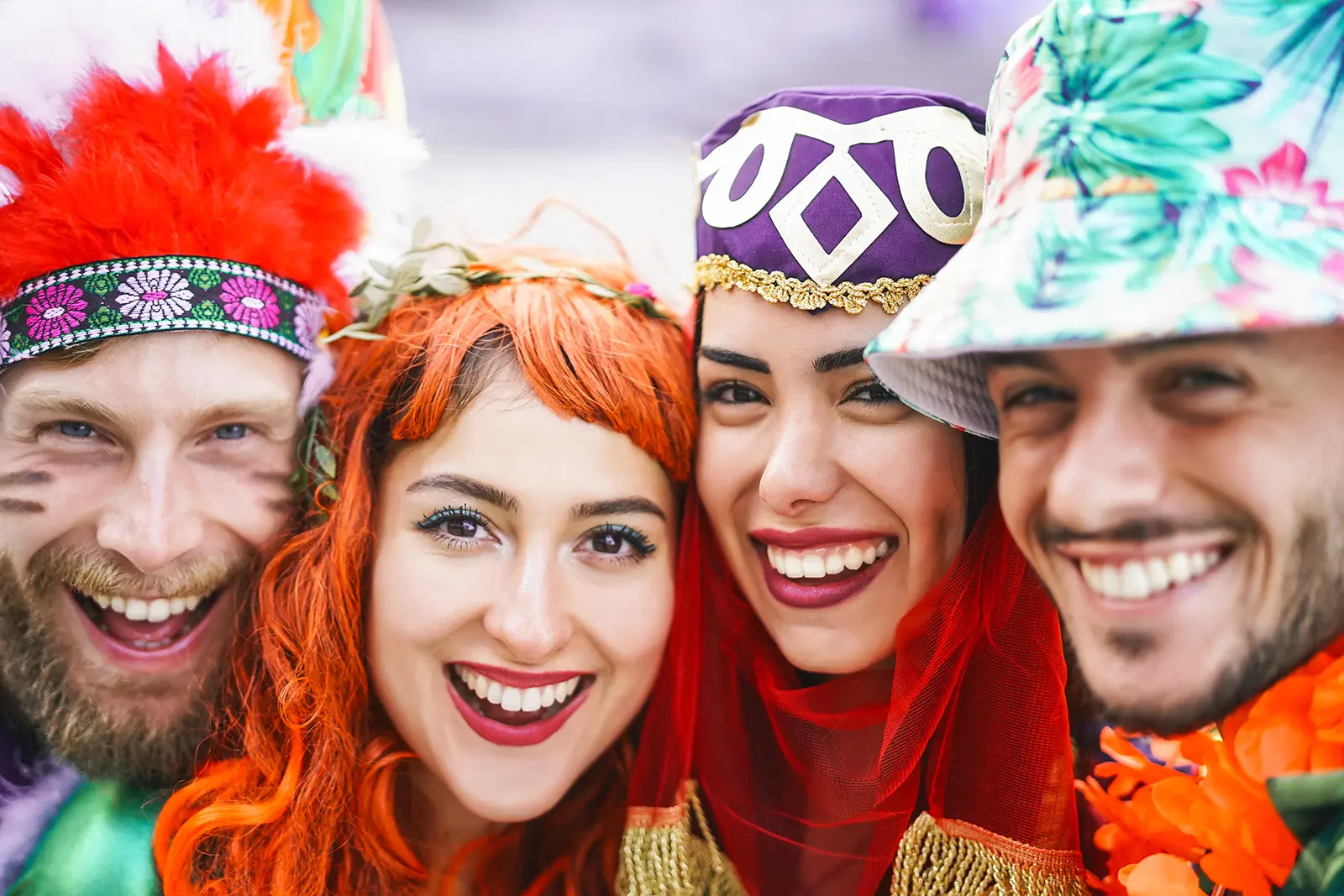Introduction
Cultural festivals have long served as vibrant expressions of human heritage, offering a window into the traditions, customs, and values of different communities. In an increasingly globalized world, these celebrations are more than just colorful displays of dance, music, and food; they are crucial platforms for promoting diversity and fostering mutual understanding among diverse populations. This article explores the multifaceted role of cultural festivals in promoting diversity, highlighting their significance, impact, and the ways in which they contribute to a more inclusive society.
Understanding Cultural Festivals

Cultural festivals are events that celebrate the cultural heritage of a particular community or group. They encompass a wide range of activities, including traditional music and dance performances, art exhibitions, culinary showcases, and religious or spiritual ceremonies. These festivals often mark significant historical or seasonal milestones and serve as communal gatherings where people can come together to celebrate their shared identity.
The Significance of Cultural Festivals

-
Preservation of Heritage
One of the primary functions of cultural festivals is the preservation of cultural heritage. In a world where rapid modernization and globalization can sometimes lead to the erosion of traditional practices, these festivals play a crucial role in keeping cultural traditions alive. They provide a space for the transmission of cultural knowledge from one generation to the next, ensuring that the unique customs, languages, and art forms of a community are not lost to time.
-
Education and Awareness
Cultural festivals are powerful educational tools. They offer attendees the opportunity to learn about the history, values, and practices of different cultures in an engaging and immersive way. This educational aspect is particularly important in multicultural societies, where understanding and appreciating the diversity of cultural backgrounds can help build a more cohesive and harmonious community.
-
Social Cohesion
By bringing people together in celebration, cultural festivals foster social cohesion. They create a sense of belonging and unity among participants, regardless of their cultural or ethnic backgrounds. This sense of community is essential for promoting social harmony and reducing prejudices and stereotypes.
Promoting Diversity Through Cultural Festivals

-
Showcasing Multiculturalism
Cultural festivals are often multicultural events that showcase the diversity of a community. They provide a platform for different cultural groups to share their traditions and customs with a wider audience. This exposure to a variety of cultural expressions helps break down barriers and promotes a greater appreciation for diversity.
-
Encouraging Intercultural Dialogue
Intercultural dialogue is a key component of promoting diversity, and cultural festivals are ideal settings for such exchanges. These events encourage people from different cultural backgrounds to interact, share experiences, and engage in meaningful conversations. This dialogue fosters mutual respect and understanding, which are essential for building inclusive societies.
-
Celebrating Common Humanity
While cultural festivals highlight the uniqueness of different cultures, they also emphasize the commonalities that unite us as human beings. By celebrating universal themes such as family, community, and the changing seasons, these festivals remind us that, despite our differences, we share a common humanity. This recognition of shared values and experiences is fundamental to promoting diversity and inclusivity.
The Impact of Cultural Festivals on Society

-
Economic Benefits
Cultural festivals can have significant economic benefits for the communities that host them. They attract tourists, create jobs, and stimulate local economies. This economic impact can be particularly important for marginalized or underrepresented communities, providing them with opportunities for economic development and empowerment.
-
Strengthening Cultural Identity
For minority or marginalized communities, cultural festivals are an important means of asserting and celebrating their cultural identity. These events provide a platform for these communities to showcase their heritage and gain recognition and respect from the broader society. This affirmation of cultural identity is crucial for the self-esteem and empowerment of these communities.
-
Promoting Peace and Tolerance
In a world where conflicts often arise from cultural misunderstandings and prejudices, cultural festivals play a vital role in promoting peace and tolerance. By fostering intercultural dialogue and understanding, these events help reduce tensions and build bridges between different cultural groups. This promotion of peace and tolerance is essential for creating a more just and inclusive world.
Challenges and Considerations

-
Cultural Appropriation
One of the challenges associated with cultural festivals is the risk of cultural appropriation. This occurs when elements of a culture are taken out of context and used inappropriately by those outside the culture. It is important for organizers and participants to approach cultural festivals with sensitivity and respect, ensuring that the cultural expressions being showcased are presented authentically and with the consent of the communities involved.
-
Inclusivity
While cultural festivals aim to promote diversity, it is important to ensure that they are inclusive and accessible to all members of the community. This includes considering factors such as physical accessibility, affordability, and the representation of diverse voices within the festival programming. Efforts should be made to ensure that everyone has the opportunity to participate and feel welcome at these events.
-
Sustainability
The sustainability of cultural festivals is another important consideration. Organizers must balance the desire to create vibrant and engaging events with the need to minimize environmental impact. This includes considering factors such as waste management, energy use, and the sourcing of materials. Sustainable practices can help ensure that cultural festivals continue to thrive for future generations to enjoy.
Conclusion
Cultural festivals are powerful tools for promoting diversity and fostering mutual understanding in our increasingly interconnected world. By celebrating the rich tapestry of human heritage, these events help preserve cultural traditions, educate and inspire, and build bridges between different communities. As we continue to navigate the complexities of a multicultural society, the role of cultural festivals in promoting diversity and inclusivity will remain as important as ever. Through these vibrant celebrations, we can honor our shared humanity and work towards a more harmonious and inclusive world.




